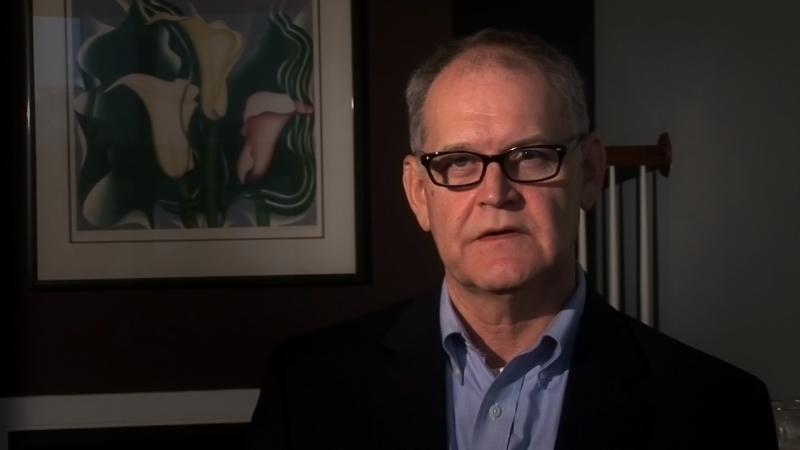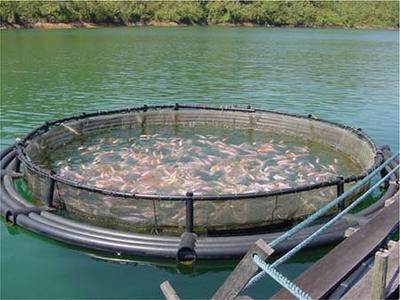A Prize for Simply Doing What's Right
This week I received a Ridenhour Prize for my book, Deadly Spin. I'm honored to receive the award, especially in light of my fellow recipients: former Sen. Russ Feingold of Wisconsin; the producers of a film called Budrus, about attempts to find non-violent solutions to the strife in the Middle East, and Thomas Drake, an National Security Agency contractor who blew the whistle on what he believed were corrupt practices. Past honorees have included Bill Moyers and Bob Herbert. Elite company.
 It is always nice to be recognized for one's work. The prizes are supposed to honor those "who speak truth to power." But the honor is also ironically unfortunate. The need to write the book at all, to illustrate how selfish profit motives too frequently take precedence over the health care needs of real people, remains a tragedy. And sadly, that continues to be the case, even after so much has been revealed about the inner workings of insurance giants and even after a bruising political battle has been waged to change how health care is delivered in America. The fact is, I shouldn't have had to write the book. There shouldn't have to be an award for people who simply do what is simply right.
It is always nice to be recognized for one's work. The prizes are supposed to honor those "who speak truth to power." But the honor is also ironically unfortunate. The need to write the book at all, to illustrate how selfish profit motives too frequently take precedence over the health care needs of real people, remains a tragedy. And sadly, that continues to be the case, even after so much has been revealed about the inner workings of insurance giants and even after a bruising political battle has been waged to change how health care is delivered in America. The fact is, I shouldn't have had to write the book. There shouldn't have to be an award for people who simply do what is simply right.

 The National Oceanic and Atmospheric Administration (NOAA) oversees aquaculture, or fish farming, in the U.S., both in freshwater and marine environments. Since the U.S. imports 84 percent of its seafood, about half of which is farmed, there is need for growth in the domestic fish-farming industry. Thus the NOAA has proposed a set of
The National Oceanic and Atmospheric Administration (NOAA) oversees aquaculture, or fish farming, in the U.S., both in freshwater and marine environments. Since the U.S. imports 84 percent of its seafood, about half of which is farmed, there is need for growth in the domestic fish-farming industry. Thus the NOAA has proposed a set of